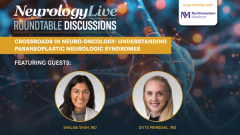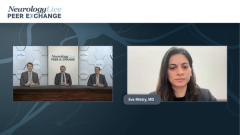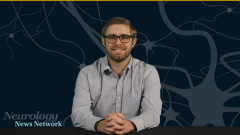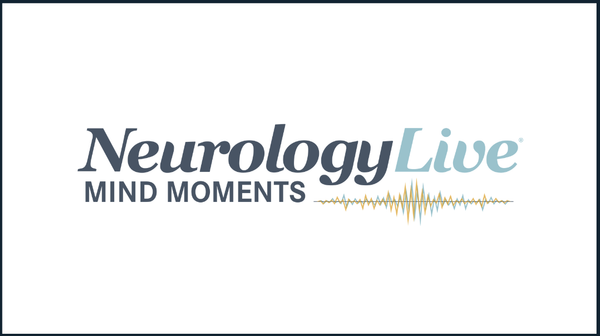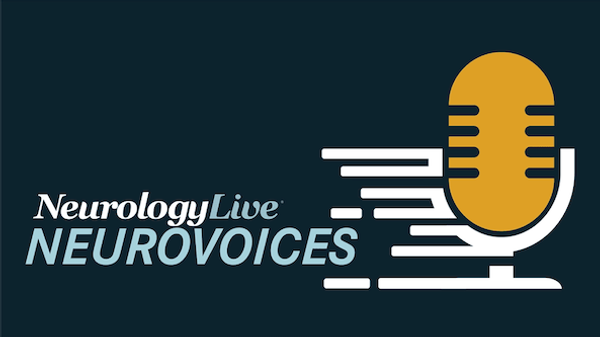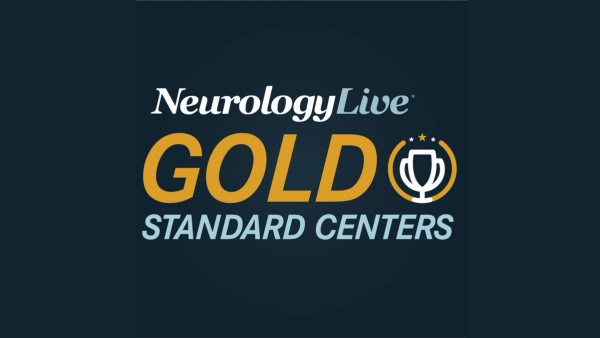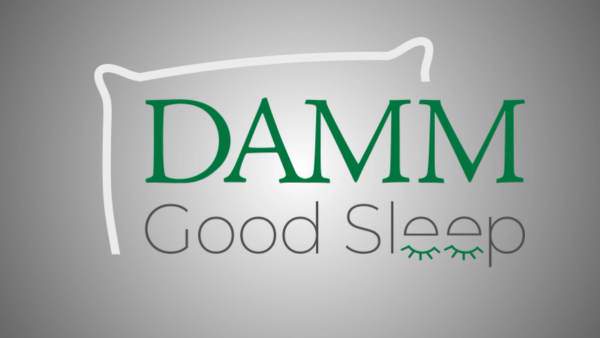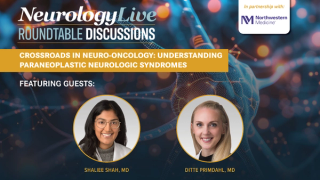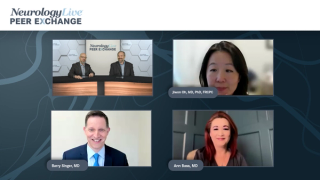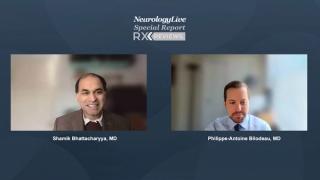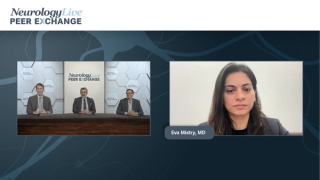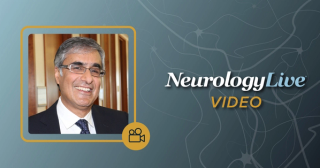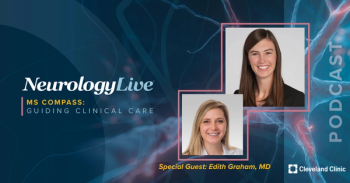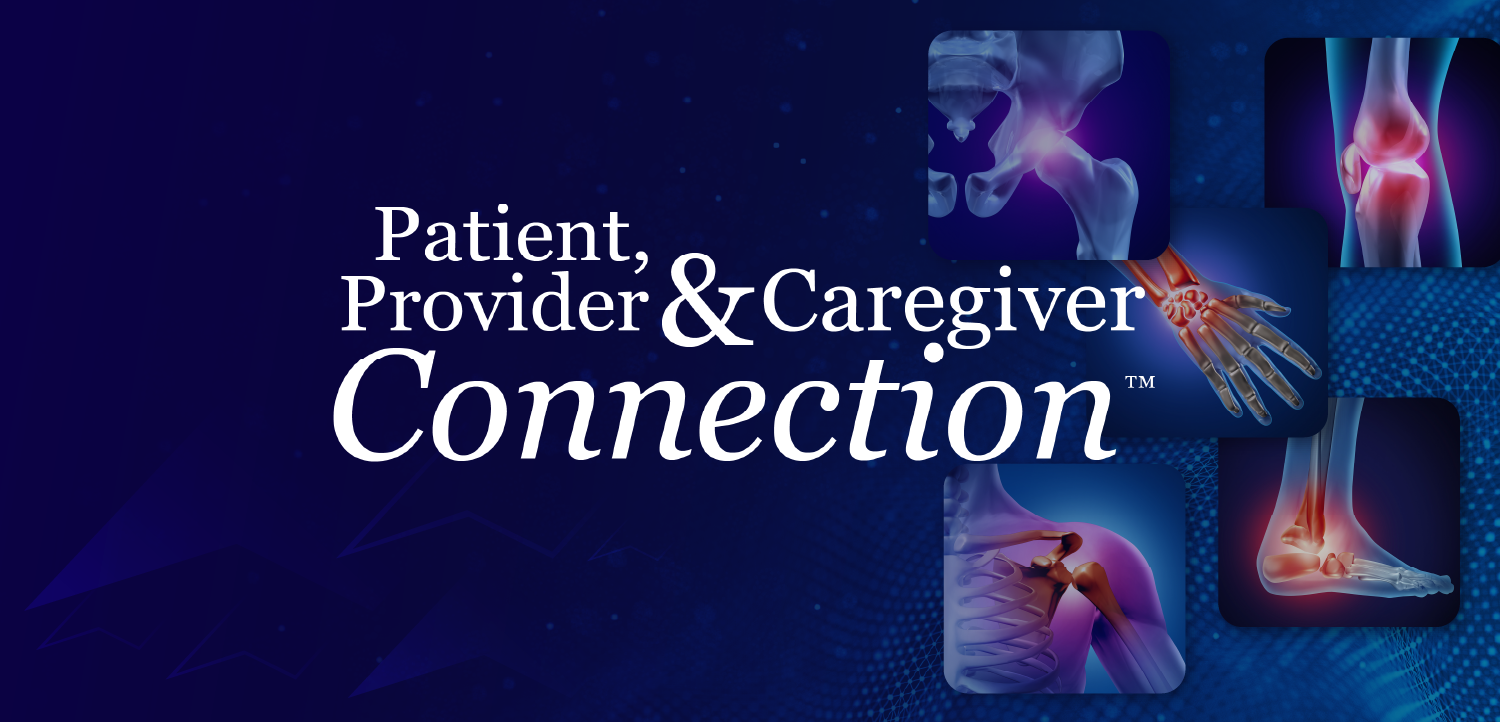
Conference Coverage
Latest News
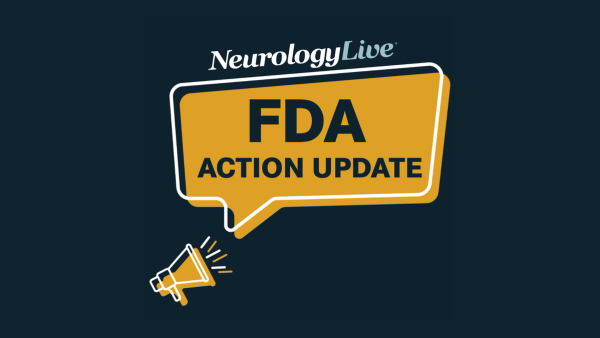
FDA Action Update, February 2026: Complete Response Letter, Expanded Indication, and Acceptance

GB221 Gene Therapy Enters First-in-Human CHARISMA Trial for Spinal Muscular Atrophy Type 1

Sleep Duration and Psychological Distress as Key Drivers of EDS, Study Shows

Early Study of Lithium in Mild Cognitive Impairment Yields Mixed Outcomes
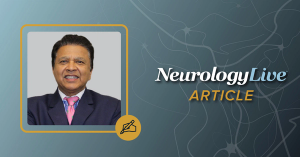
Higher Subjective Sleepiness Tied to Greater Early CPAP Adherence in Obstructive Sleep Apnea

Shorts
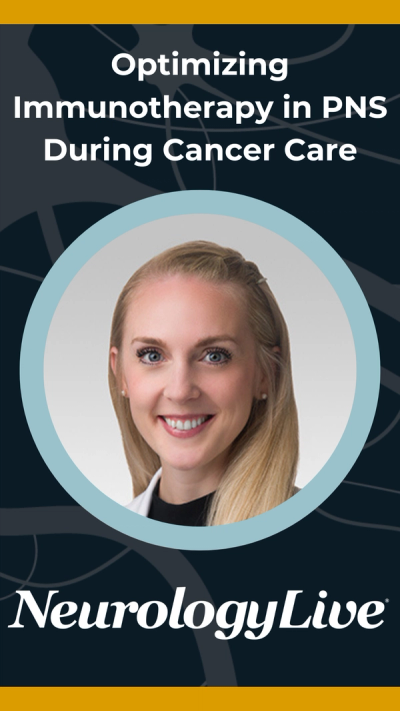
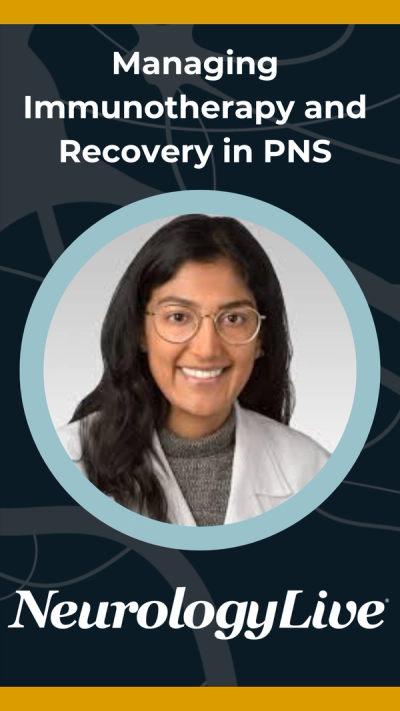
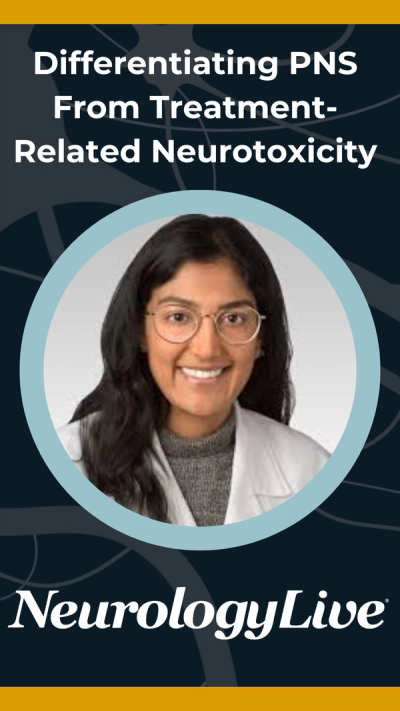
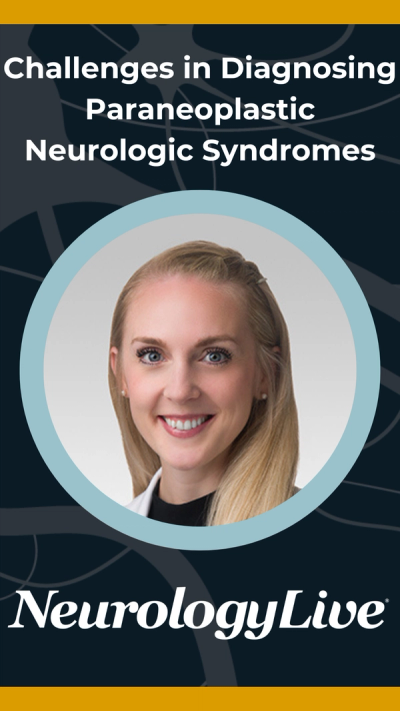
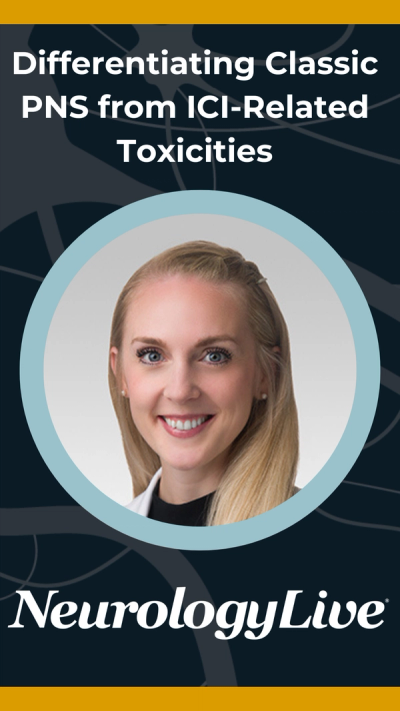
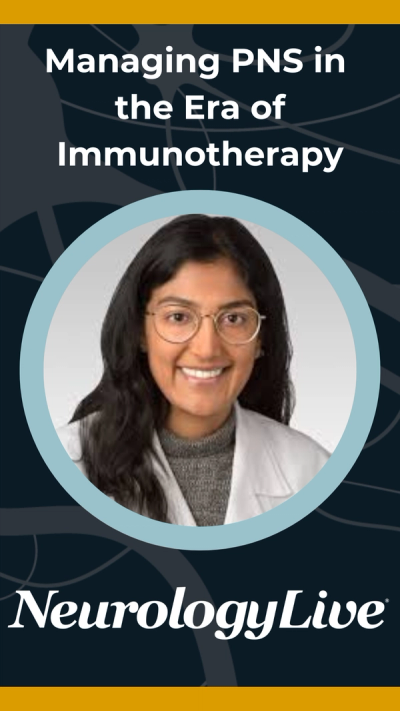
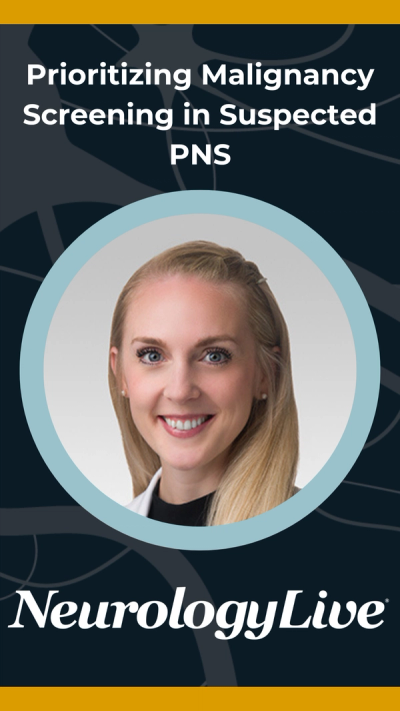
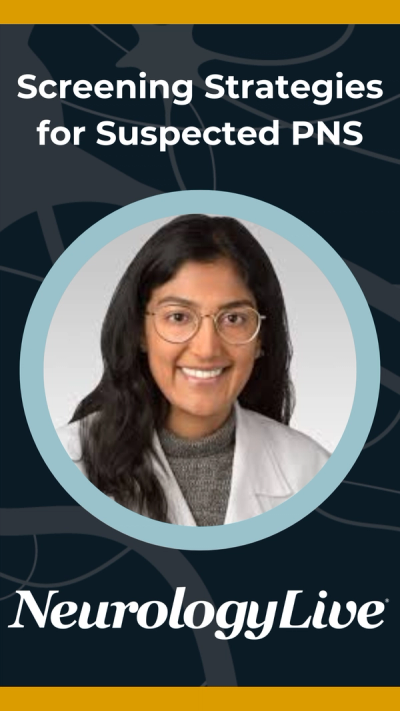
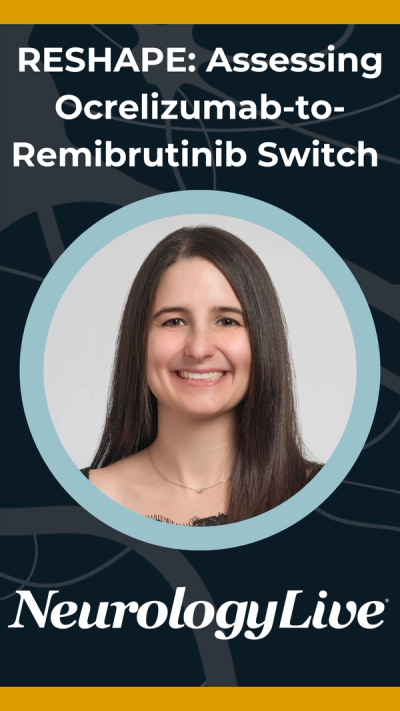
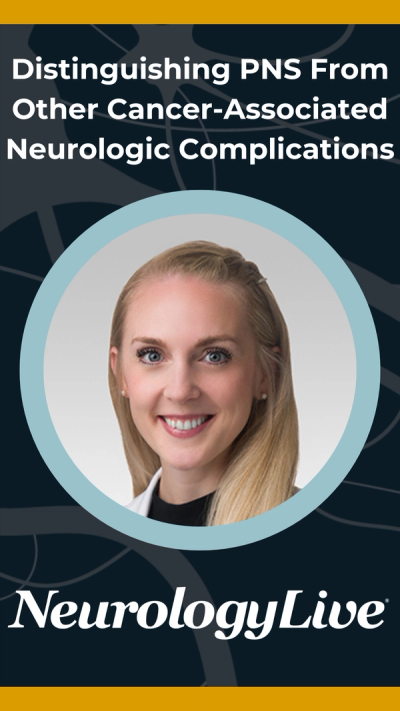
Videos
Podcasts
Continuing Medical Education
All News

The associate professor of neurology at Mayo Clinic provided a breakdown of the real-world eptinezumab data from INFUSE and its implications for early, robust migraine intervention after CGRP failure.
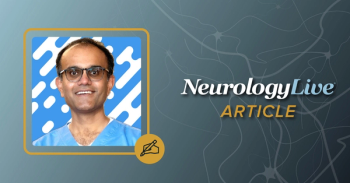
Neal K. Shah, CEO of CareYaya Health Technologies, discusses how the largest workforce in the US maintains the safety of patients with dementia at home while remaining underpaid and unrecognized.
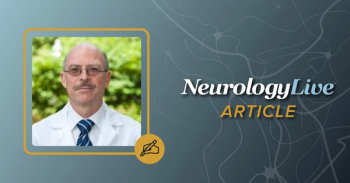
Understanding the Links Between Air Pollution and Increased Alzheimer Disease Risk
R. Scott Turner, PhD, MD, director of the memory disorders program at MedStar Georgetown University Hospital, discussed the importance of investigating environmental risk factors in Alzheimer disease.

Real-world INFUSE results show IV eptinezumab boosts good days and cuts monthly headache days for hard-to-treat migraine patients.

INSIGHT Launches International Effort to Advance Women’s Neurology Education
Neurologists Esther Bui, MD, and Angela O'Neal, MD, talked about the INSIGHT network, a collaborative global initiative designed to advance medical education in women’s neurology.
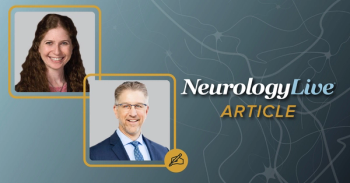
Full data from the FENhance studies of fenebrutinib will be presented at the 2026 American Academy of Neurology Annual Meeting and submitted for regulatory review along with FENtrepid data in multiple sclerosis.

Here's some of what is coming soon to NeurologyLive® this week.
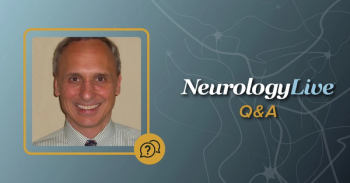
A Look at the Tracks at MDA's Upcoming Clinical & Scientific Conference
Barry J Byrne, MD, PhD, the chief medical advisor of MDA, also spoke about what he personally is most looking forward to at this year's meeting.

Test your neurology knowledge with NeurologyLive®'s weekly quiz series, featuring questions on a variety of clinical and historical neurology topics. This week's topic is diagnostic workup for multiple system atrophy!
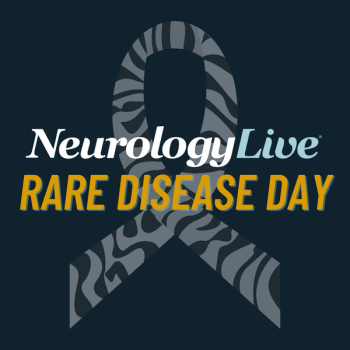
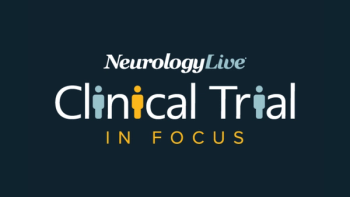
Global site reactivation for the MAGNITUDE-2 trial of nexiguran ziclumeran in hereditary transthyretin amyloidosis with polyneuropathy is underway, with enrollment completion expected in the second half of 2026.
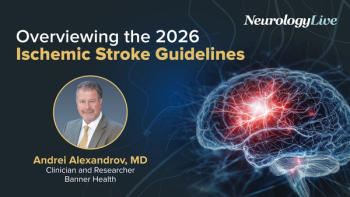
Breaking Down the 2026 Acute Ischemic Stroke Guidelines
Andrei Alexandrov, MD, an award-winning leader in stroke research and clinical care, discussed the clinical impact of the latest stroke guidelines and their implications for diagnosis and care.

Take 5 minutes to catch up on NeurologyLive®'s highlights from the week ending February 27, 2026.
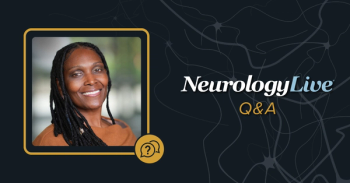
In honor of Black History Month, neurologist Na Tosha Gatson, MD, PhD, reflects on structural inequities in neuro-oncology and advancing equity through mentorship, trial design, and institutional policy.
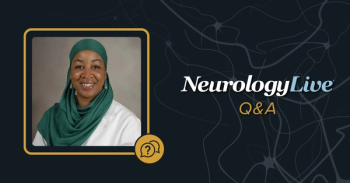
Black History Month in Neurology: Addressing the Roots of Stroke Disparities
Anjail Sharrief, MD, Director of Stroke Prevention for the Institute of Stroke and Cerebrovascular Disease at UTHealth Houston, reflects on Black History Month, structural drivers of stroke inequities, and building systems that advance equitable brain health.


